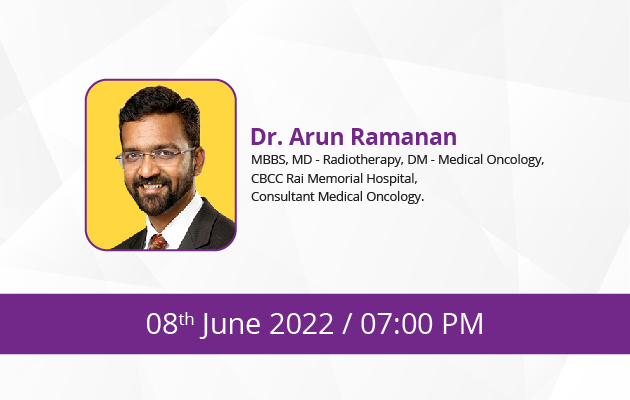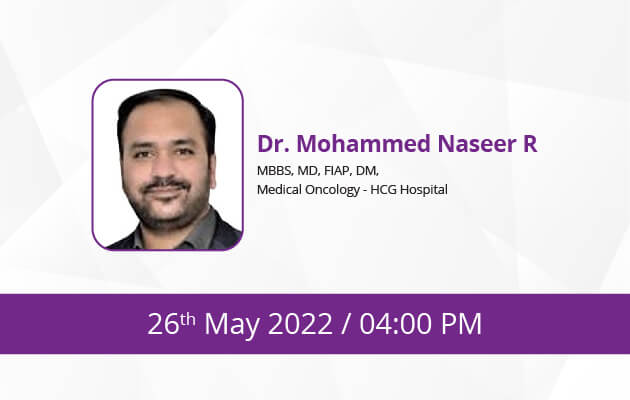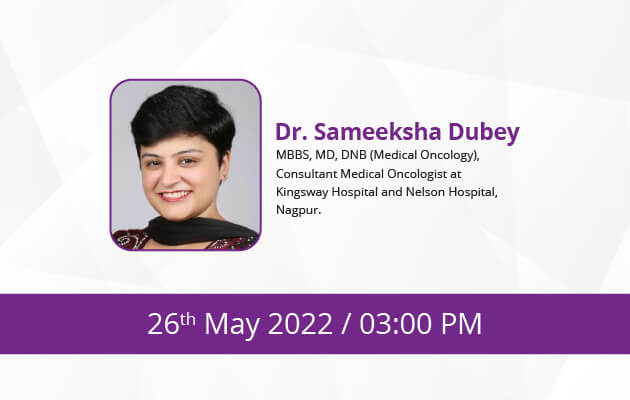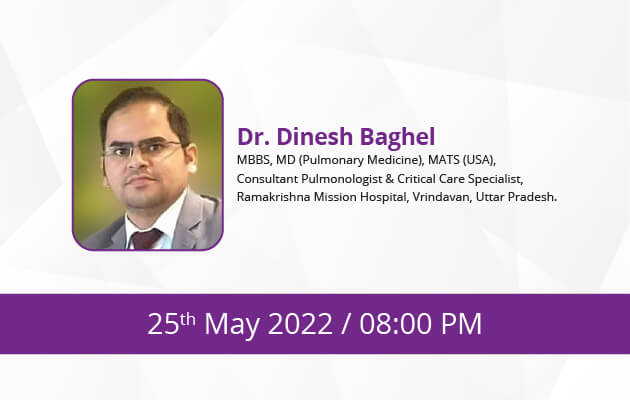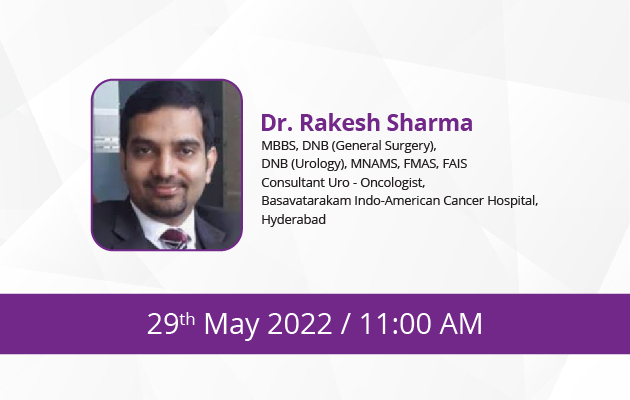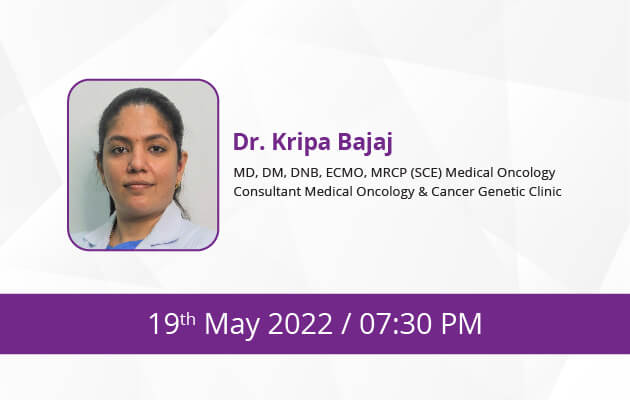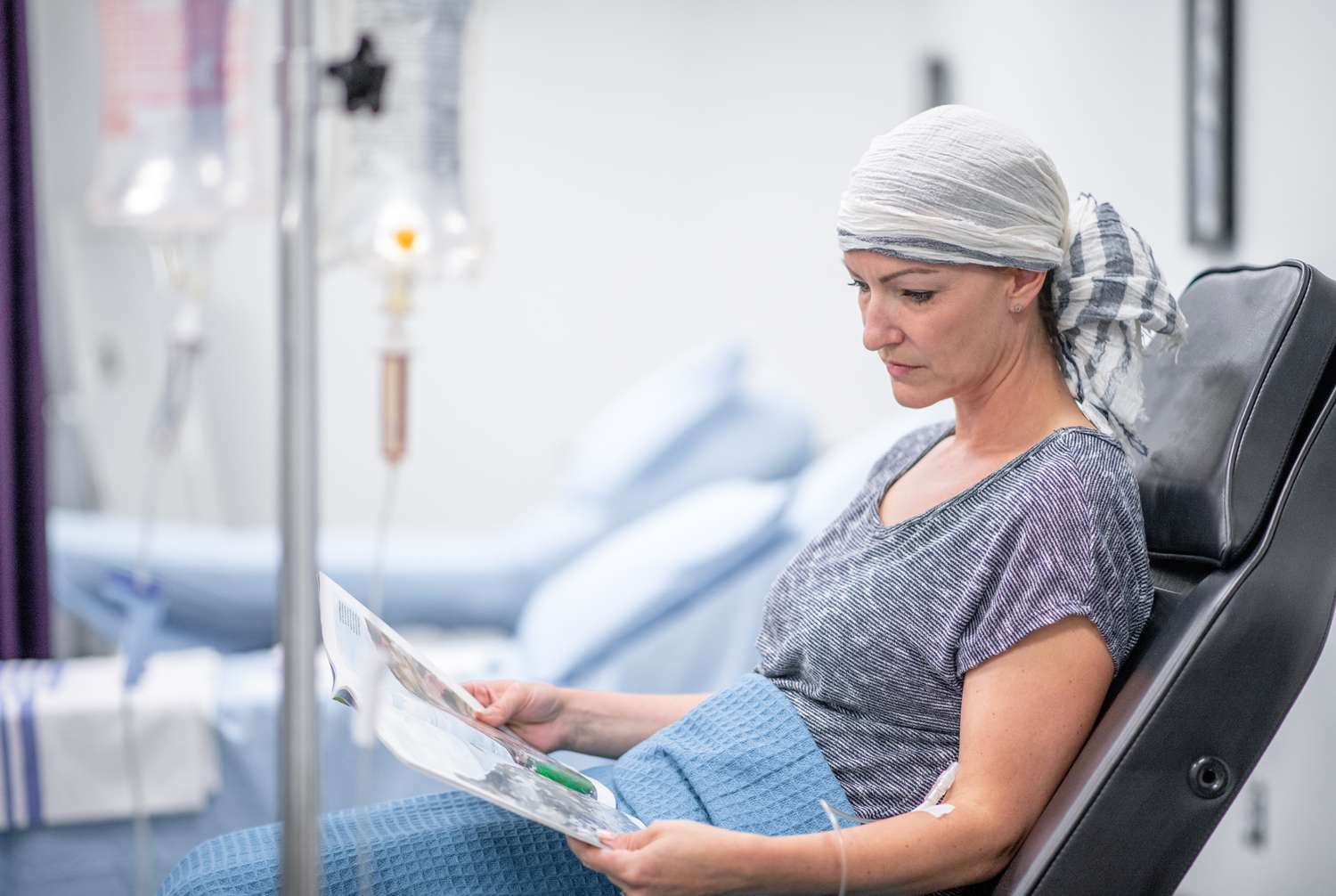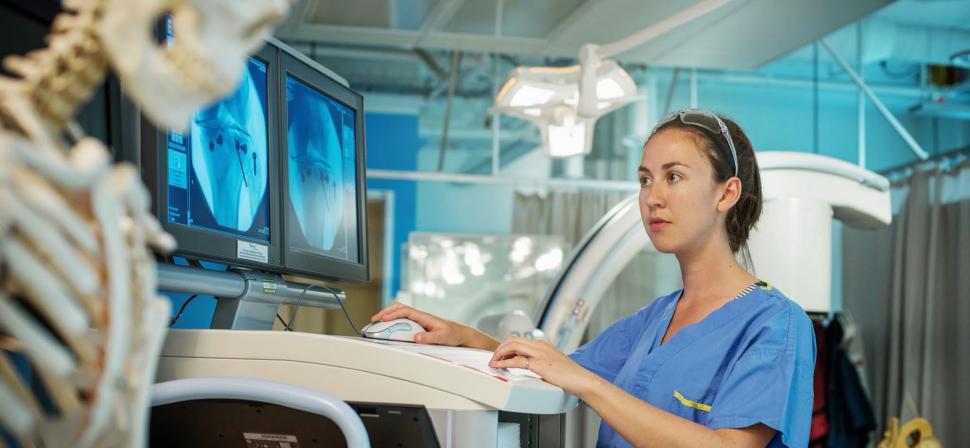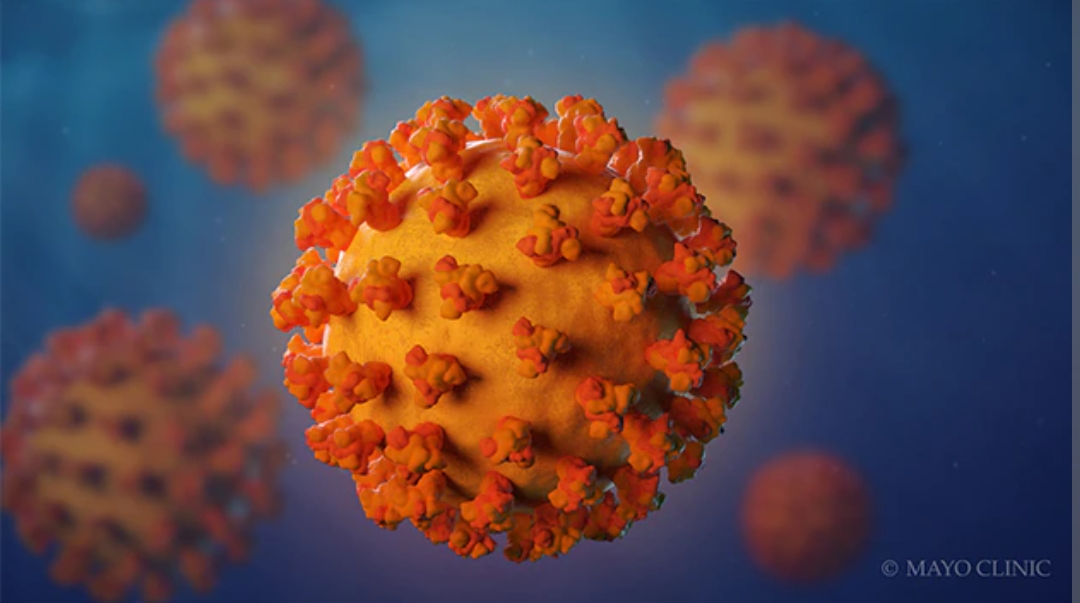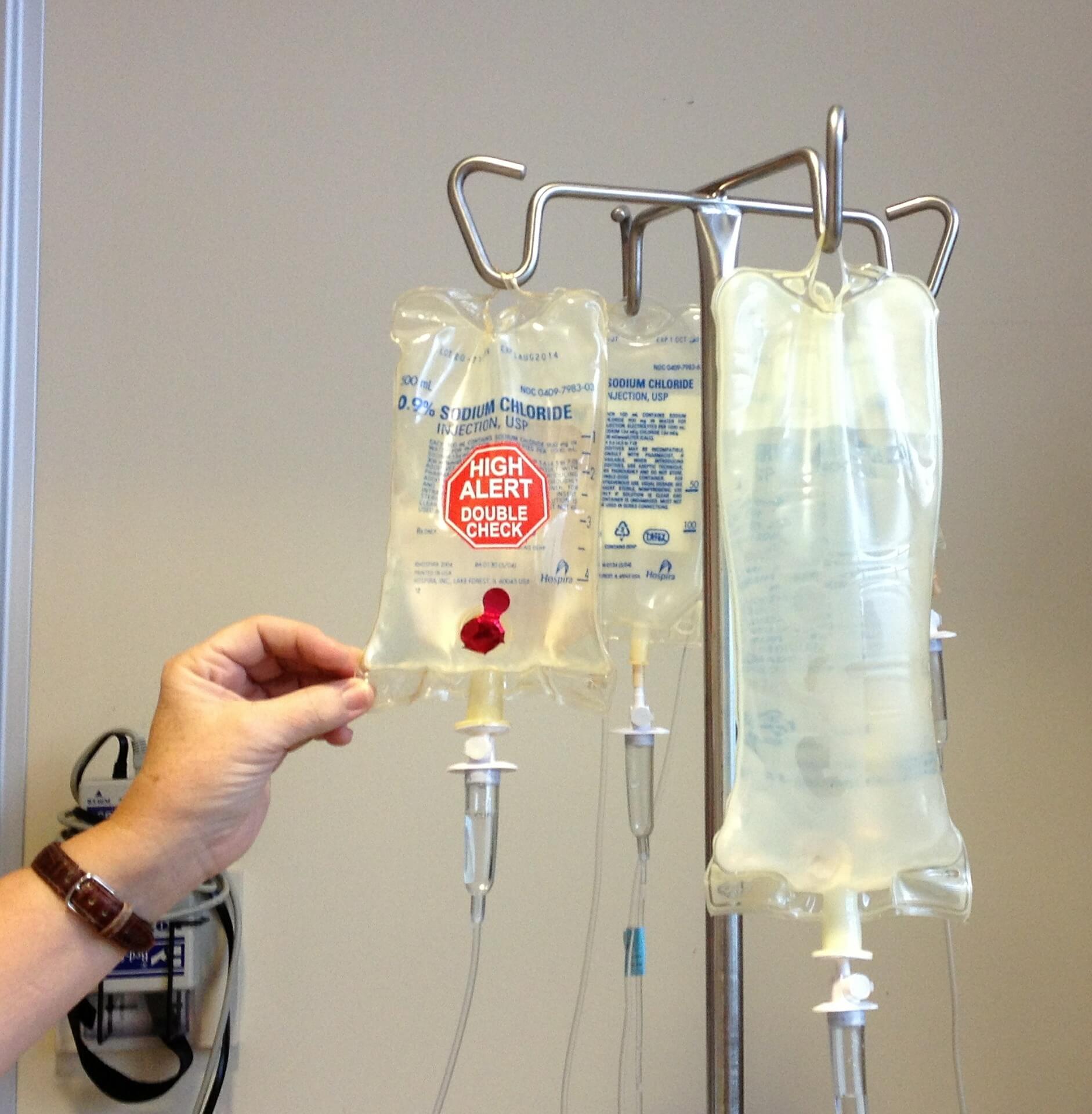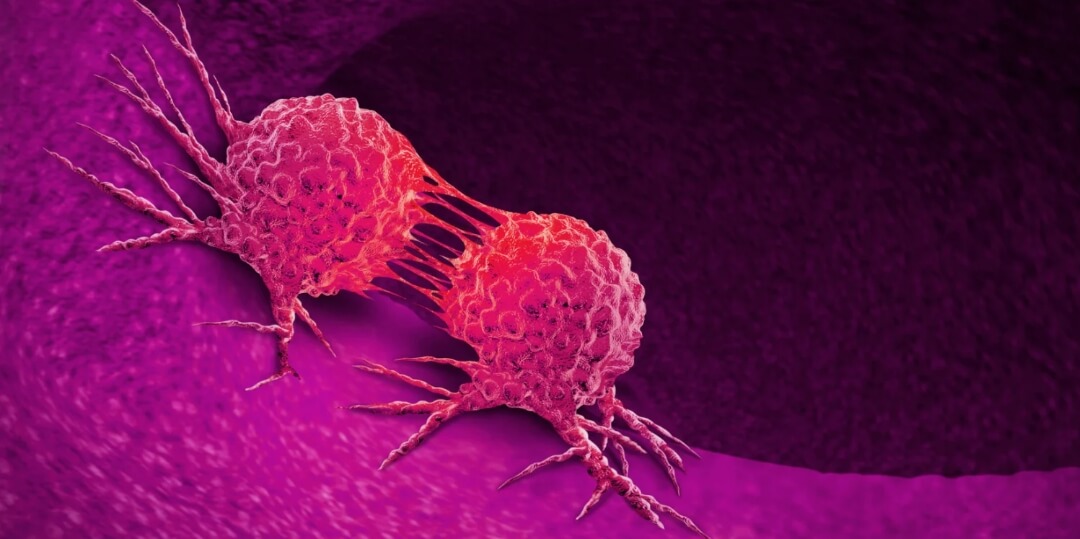
Immunotherapy combined with chemotherapy may treat advanced stomach cancer better
Immunotherapy is a form of treatment that helps destroy cancer cells by taking advantage of a person’s own immune system. There are currently three FDA-approved options to treat stomach cancer by immunotherapy. Ramucirumab (Cyramza®) and Trastuzumab (Herceptin®) are the first two targeted antibodies. And the third is the Pembrolizumab (Keytruda®) immunomodulator. Earlier, immunotherapy was one of the most reliable solutions to treat stomach cancer. But advanced stomach cancer has overpowered immunotherapy leaving patients vulnerable.
On the other hand, chemotherapy was one of the first-line treatments for various types of cancer. But advanced stomach cancer is much stronger to be treated by only one kind of treatment. A recent study by researchers at the Columbia University Vagelos College of Physicians and Surgeons indicates that immunotherapy for stomach cancer will work well if the treatment is administered early in the course of the disease and in conjunction with conventional chemotherapy. In order to better understand why immunotherapies do not work well in advanced stomach cancer, the Columbia researchers looked closely at the microphones The researchers discovered that there was an excess of myeloid-derived suppressor cells (MDSCs) in mice with more advanced disease, which also express PDL1 proteins, which seem to overwhelm immunotherapy. The cancer was unaffected when immunotherapy was given to mice with these advanced tumors.
Combining immunotherapy with regular chemotherapy also reduced larger stomach tumors, as many of the MDSCs were destroyed by chemotherapy. “Our study suggests that adding chemotherapy to immunotherapy may improve responsiveness in part through the targeting of MDSCs,” said Dorothy L. Timothy Wang, MD. And Daniel H. Silberberg, Professor of Medicine at the Vagelos College of Physicians and Surgeons at Columbia University.
Stomach cancer care depends on where the disease has started and the extent to which it has spread across the body. Surgery is the first-line treatment for stomach cancer if diagnosed early, often in combination with chemotherapy and/or radiation therapy. For advanced stomach cancer, therapy seeks to control the progression of the disease and improve the prognosis of patients.

